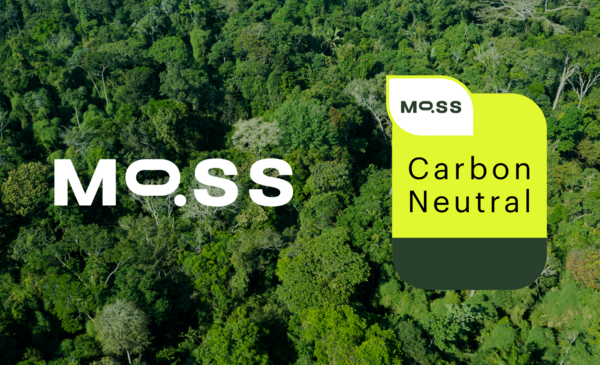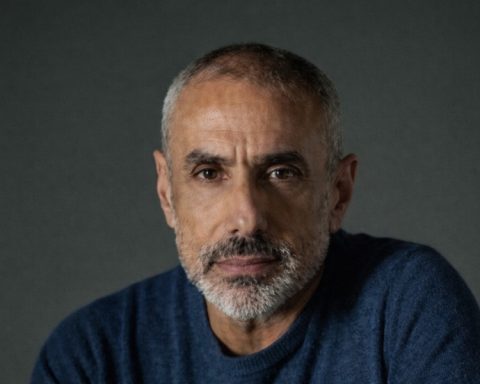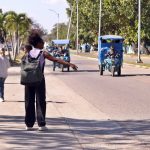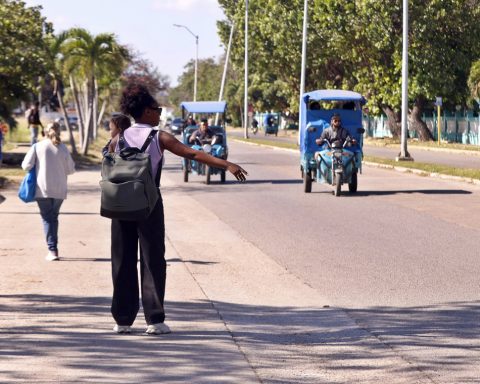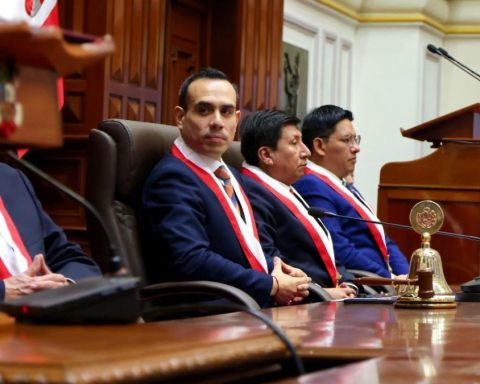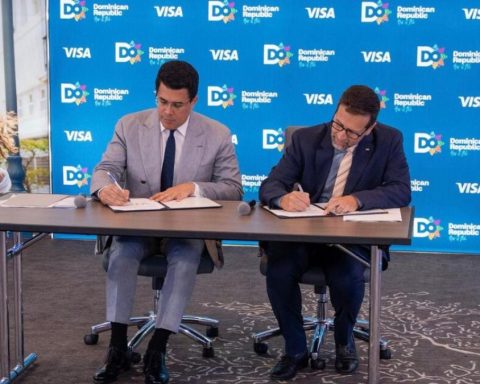Moss.earth, the world’s leading platform for digital assets, with its headquarters in Aguada Park, has just completed a successful investment round of 10 million dollars to move forward with its carbon credit trading project using blockchain technology.
This start-up for buying and selling carbon credits announced on January 31 that the round was led by SP Ventures and Acre Venture Partners, with the participation of Jive, Flori (Celo), Arrington Capital and The Craftory.
Moss.earth offers carbon credit tokens that can be purchased by both companies and individuals. Linking carbon credits to the blockchain guarantees the tracking of projects that are part of the REDD and REDD+ mechanism, and the integrity of the compensation process for emissions generated by production processes.
“Our goal is to provide the tools to promote a new economic system and a new model to protect forests, we are aligned with the environmental policies that Uruguay has been developing and with global trends in the matter, and we have added a new tool for the caring for the environment, providing knowledge, experience and technology”, said Luis Adaime, CEO of the company.
Moss is a climatech that offers environmental services through blockchain knowledge. It has offices in São Paulo, Porto Alegre and Montevideo. In 2020, it created MCO2, the first carbon credit-backed token used to offset greenhouse gases. Since March 2020, Moss has transacted more than $30 million, which has helped conserve approximately 735 million trees in the Amazon through internationally certified and audited projects. The MCO2 token is globally listed on Coinbase, Gemini, Gate.io, and Probit.
Some of the company’s clients that are already offsetting their emissions through the purchase of Carbon Bonds with Moss.earth technology are the airline Gol, the leading delivery company in Brazil, iFood, or the textile and fashion company, Hering, among others.
The carbon credits marketed by Moss.earth arise from the selection of projects that aim to reduce the emission of greenhouse gases and actively act against climate change and global warming. They are related to the preservation of native forests, reforestation and natural regeneration, and regenerative agriculture in different areas of the Amazon.
More information in www.moss.earth
